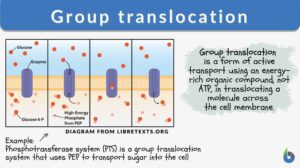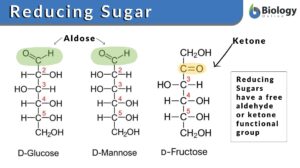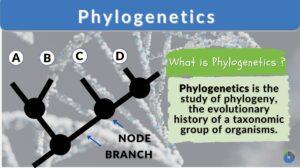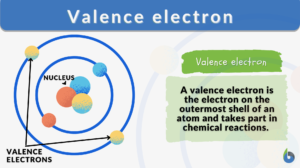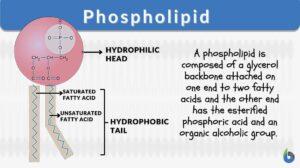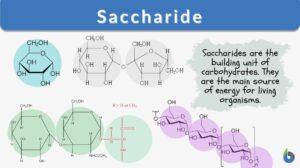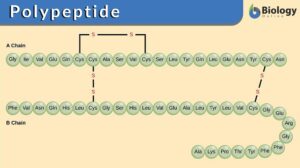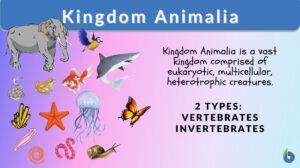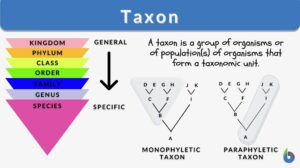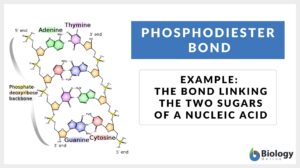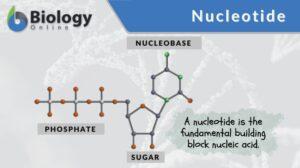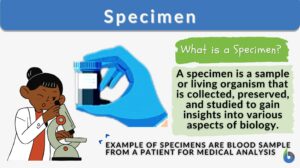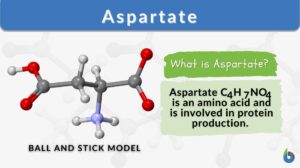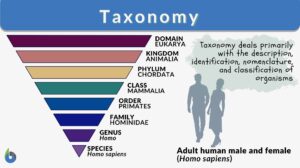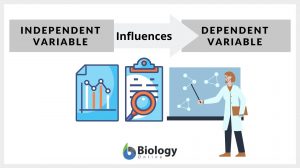Search Results for: group
Group translocation
Group Translocation Definition Just like your “home” is a private place where you and your comfort are maintained due... Read More
Reducing sugar
Reducing Sugar Definition What is reducing sugar? The type of sugar that acts as the reducing agent and can effectively... Read More
Phosphorylation
Phosphorylation Definition We can define phosphorylation as a biochemical process in which a phosphate molecule is added to... Read More
Phylogenetics
Phylogenetics Definition Phylogenetics is the scientific study of phylogeny. It studies evolutionary relationships among... Read More
Carboxyl group
Definition noun -COOH: a functional group comprised of a carbonyl group and a hydroxyl group, and present in all carboxylic... Read More
Abo blood group
Abo blood group (Science: haematology) The major human blood type system which describes the oligosaccharide glycoprotein... Read More
Valence electron
What are valence electrons? Why are they significant? Valence electrons definition in chemistry: The electrons in an atom's... Read More
Phospholipid
What is a phospholipid? Phospholipids are a subgroup of lipids. Other major types of lipids are fatty acids, sphingolipids,... Read More
Saccharide
Saccharide Definition What is a saccharide molecule? A saccharide is the unit structure of carbohydrates. In biochemistry,... Read More
Sympatric speciation
Speciation is a process of evolution through which two different existing populations evolve and a distinct species form. It... Read More
Polypeptide
Polypeptide Definition Biology What are polypeptides? A polypeptide is defined as a polymer of amino acids joined together... Read More
Thymidine monophosphate
Definition noun plural: thymidine monophosphates (biochemistry) A nucleotide composed of thymine, deoxyribose and a... Read More
Private blood group
private blood group A blood group that is known to have occurred in only one family and is traceable to one single... Read More
Methyl group
Methyl group A -CH3 group on a larger molecule. A carbon which is single-bonded to three hydrogens, and has one free bond to... Read More
Taxonomic group
taxonomic group (Science: zoology) A taxon with all its subordinate taxa and their individuals, for example the taxonomic... Read More
Functional group
Functional group- a group of atoms within a molecule that interacts in predictable ways with other... Read More
Phosphate group
Definition noun, plural: phosphate groups (biochemistry) A functional group or radical comprised of phosphorus attached to... Read More
Kingdom Animalia
Kingdom Animalia Definition Each person can say that they know of or can name at least one animal. However, do people know... Read More
Uridine monophosphate
Definition noun plural: uridine monophosphates (biochemistry) A nucleotide composed of uracil, ribose and a phosphate... Read More
Nucleic acid
Nucleic Acid Definition A nucleic acid refers to any of the group of complex compounds consisting of chains of monomers of... Read More
Phosphodiester bond
Phosphodiester Bond Definition Phosphodiester bonds are the backbone of the strands of nucleic acid present in the life... Read More
Dehydration reaction
What is dehydration synthesis? A dehydration reaction is a form of biochemical reaction wherein a water molecule is lost or... Read More
Deoxyadenosine monophosphate
Definition noun plural: deoxyadenosine monophosphates (biochemistry) A nucleotide composed of adenine, deoxyribose and a... Read More
Deoxyguanosine monophosphate
Definition noun plural: deoxyguanosine monophosphates (biochemistry) A nucleotide composed of guanine, deoxyribose and a... Read More
Deoxycytidine monophosphate
Definition noun plural: deoxycytidine monophosphates (biochemistry) A nucleotide composed of cytosine, deoxyribose and a... Read More
Nucleotide
Nucleotide Definition A nucleotide is regarded as the basic building block of nucleic acid (e.g. DNA and RNA). A nucleic... Read More
Cellular respiration
Cellular Respiration Definition What is cellular respiration in simple terms? Cellular respiration can be defined simply as... Read More
Polynucleotide
Definition noun plural: polynucleotides pol·y·nu·cle·o·tide, ˌpɒlɪˈno͞o′klē-ə-tīd A biopolymer comprised of... Read More
Chemical Composition of the Body
In order to fully understand the mechanisms of human physiology, it is important to have an understanding of the chemical... Read More
Independent variable
Independent Variable Definition To define an independent variable, let us first understand what a variable is. The word... Read More
